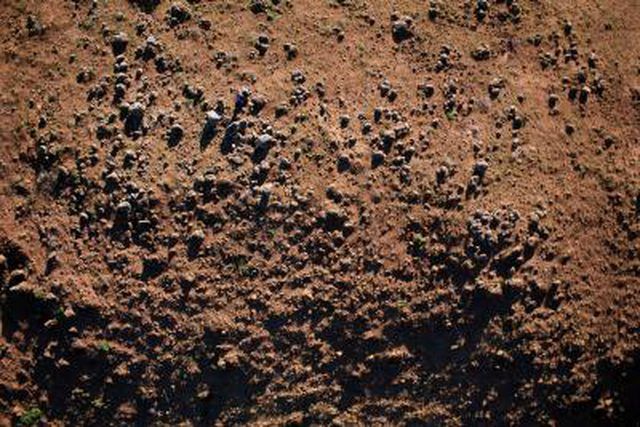Bulbs
Flower Basics
Flower Beds & Specialty Gardens
Flower Garden
Garden Furniture
Garden Gnomes
Garden Seeds
Garden Sheds
Garden Statues
Garden Tools & Supplies
Gardening Basics
Green & Organic
Groundcovers & Vines
Growing Annuals
Growing Basil
Growing Beans
Growing Berries
Growing Blueberries
Growing Cactus
Growing Corn
Growing Cotton
Growing Edibles
Growing Flowers
Growing Garlic
Growing Grapes
Growing Grass
Growing Herbs
Growing Jasmine
Growing Mint
Growing Mushrooms
Orchids
Growing Peanuts
Growing Perennials
Growing Plants
Growing Rosemary
Growing Roses
Growing Strawberries
Growing Sunflowers
Growing Thyme
Growing Tomatoes
Growing Tulips
Growing Vegetables
Herb Basics
Herb Garden
Indoor Growing
Landscaping Basics
Landscaping Patios
Landscaping Plants
Landscaping Shrubs
Landscaping Trees
Landscaping Walks & Pathways
Lawn Basics
Lawn Maintenance
Lawn Mowers
Lawn Ornaments
Lawn Planting
Lawn Tools
Outdoor Growing
Overall Landscape Planning
Pests, Weeds & Problems
Plant Basics
Rock Garden
Rose Garden
Shrubs
Soil
Specialty Gardens
Trees
Vegetable Garden
Yard Maintenance
How to Treat Soil Fungus
How to Treat Soil Fungus. If you notice yellow, red or orange rings or spots marring your lush green lawn, you may have a soil fungus problem that has spread into your yard. Soil fungus problems often occur as a result of mulching or composting. While mulch and compost do help control soil temperature and improve drainage, fungi living in the mulch...

If you notice yellow, red or orange rings or spots marring your lush green lawn, you may have a soil fungus problem that has spread into your yard. Soil fungus problems often occur as a result of mulching or composting. While mulch and compost do help control soil temperature and improve drainage, fungi living in the mulch can cause problems for your grass and plants if the mulch or compost was not decomposed or treated properly.
Things You'll Need
Fungicide
Baking powder
Spray bottle
Cornmeal
Grass clippings
Poultry manure or urine
Purchase a fungicide approved for use on the type of grass and plants you have and apply it to your yard according to the manufacturer’s directions.
Mix water and baking powder together in a spray bottle and apply it directly to areas with soil fungus problems. Use 2 to 3 tablespoons of baking powder in a 16 to 20 ounce spray bottle. Do not add so much baking powder that the mixture becomes too thick to spray easily.
Sprinkle corn meal over fungus-infested areas. The cornmeal will soak up the moisture and help kill certain types of fungi.
Add nitrogen to woody mulches to prevent the mulch from taking nitrogen from your plants. Add grass clippings to your wood mulch before composting or use poultry manure or urea to add nitrogen.
Saturate compost and mulch with water right after applying them to your soil. Water helps promote the growth of helpful bacteria that attack harmful fungi, reducing the chance of developing a fungus problem.
Tips & Warnings
Keep your lawn dry to inhibit fungus growth. While soaking mulch after application can help reduce harmful fungi, fungi growth can be encouraged if your entire lawn sits wet for long periods. Water your lawn and plants in the morning so that the soil has time to dry during the day.
Remove excess snow from your yard after winter passes.
Use mulches low in wood content, such as coarse bark chips, to minimize fungus problems. Finely ground mulches should be composted before applying them to your lawn to avoid soil fungus.